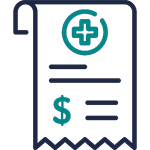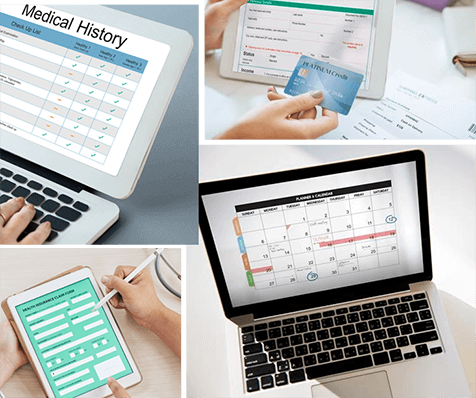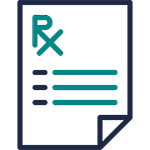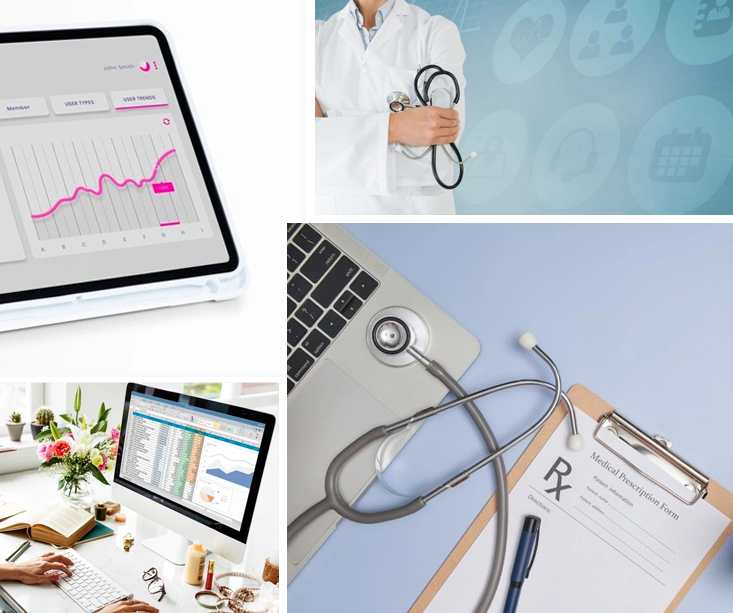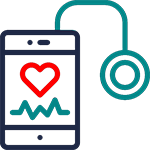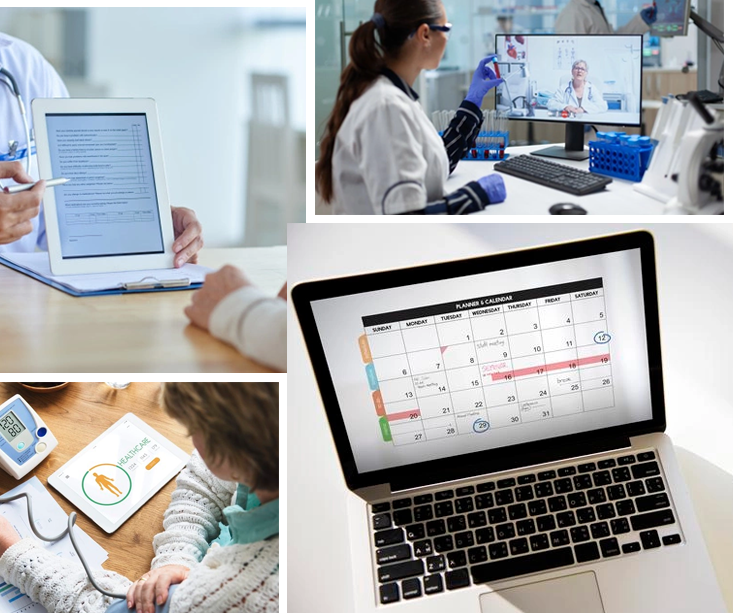Building a relationship with your patients is one of the best things a physician can do to improve their communication.
Growing a medical practice is about more than just medical care—it’s about making patients want to come back. To achieve that, they need to trust you as both a doctor and a person.
Communicating well with patients is crucial in healthcare. According to a survey by HCAHPS, the way doctors talk to their patients affects the outcomes of their treatment.
If you are looking for ways to improve patient communication in your healthcare facility, you are at the right place. Keep reading this blog and you will know what your next step should be.
A Friendly Staff Creates a Welcoming Atmosphere
Getting greeted by a welcoming staff could be a pleasant experience for your patients. People could be going through hard times in their personal or professional lives. Having a polite staff that’s ready to help patients at any inconvenience would leave a great impression on your patients and they wouldn’t feel hesitant to visit your clinic.
Studies show that rude behavior of staff threatens patient safety. In order to prevent that, you can arrange sessions for your staff, helping them to understand better how they should interact with patients. They should be ready to help patients whenever they are asked to and also be professional enough to guide them at any point patients feel stuck.
It will help your staff better understand the healthcare environment’s norms and create a welcoming environment for the patients.
Be Available, Be Present!
Your punctuality directly reflects your professionalism. Medical providers being unavailable for scheduled appointments would create a bad impression on your clients, which will also negatively affect your patient communication.
While being available is important, being mentally present is even more crucial for improving communication in healthcare.
A physician should be mentally present while dealing with their patients. They will only be able to grasp the severity of the situation their patient is in if they are in the moment themselves
. Along with that, they will also be able to appropriately communicate with the patient, building a sort of trust between the two of them.
Build A Relationship
As a physician, it’s important not to rush your interactions with patients. Patience is essential for building trust, particularly between a doctor and a patient.
Use positive and affirming language to ensure your conversations are reassuring, not frightening. This creates a safe environment, encouraging patients to open up, which ultimately improves communication in healthcare.
Your Tone is the Building Block of Communication
When discussing communication, the choice of words and the tone in which they are delivered truly resonate with people. A medical provider should be able to make their clients feel comfortable enough to consult with them.
Be mindful of what you say and the way you say it. Be conscious of your non-verbal as they speak louder than words. Make sure to act professional and considerate in your patient communications. This is one of the more effective communication methods in healthcare.
Encourage Versatility
A welcoming environment is an open environment, and an open environment is a pleasant one. As a medical provider dealing with a variety of issues, it’s crucial not to make your patients feel awkward or unusual about their situations.
Ask open-ended questions, try to understand their narrative, and respond accordingly. Being highly professional and considerate is essential to being a good physician.
Train your staff to be open-minded as well. A patient would be dealing with the working staff before they encounter you. To improve your patient communication, you should be focussing on the overall environment of the place.
Emotional Intelligence Plays A Prominent Role
A medical provider should always be empathetic while dealing with their clients. There should be no judgment or passive aggression in your patient communication. This is one of the most effective ways to improve communication in healthcare practice.
A medical provider should always be empathetic when dealing with their clients, ensuring there is no judgment or passive aggression in patient communication. This is a highly effective way to improve communication within healthcare practice.
Emotional intelligence is crucial for physicians to effectively interact with patients. This skill set enables physicians to communicate effectively, build trust, empathize, and manage stressful or sensitive situations.
High emotional intelligence can lead to better patient outcomes by enhancing the physician’s ability to listen, empathize, and respond appropriately to patients’ needs.
The Ask-Tell-Ask Method
Toward the end of a consultation, employ the ask-tell-ask technique for effective communication.
Start by asking the patient to explain their current understanding of their condition. Next, provide the essential details—such as diagnosis or treatment choices—using straightforward language and limiting the discussion to three main points to keep it simple.
Avoid medical terminology. Conclude by asking the patient if they have grasped the information and encourage them to tell you what’s been discussed.
This step helps ensure they fully understand and allows them to clarify any doubts, leading to improved communication.
Ask Patients for Feedback
By the end of a session, most patients have formed an opinion about the facility and have made up their minds about the upcoming scheduling.
Asking them for feedback might make them feel heard. If they are not satisfied with the treatment, being able to give feedback on their issues might convince them to give you a second chance.
Feedback forms are a tried and tested method to form effective communication with patients.
Effective Communication from Start to Finish!
Concluding a patient visit effectively is as crucial as the initial greeting. Continuously guide the patient through their care process, and at the end, briefly summarize the diagnosis, treatment, and next steps.
Finish with hopeful words like, “I hope you start feeling better soon.” Starting with just two or three of these practices can make them habitual, enhancing your communication and enriching your interactions with patients.
Bottom Line
Enhancing patient communication is a continuous journey that can significantly impact the success of your medical practice. Consider integrating these strategies into your daily ways of talking to patients to not only improve your patient outcomes but also foster a trusting and welcoming environment.
Our team is ready to assist you in implementing these best practices, ensuring your medical practice thrives in delivering exceptional patient care. To get started and learn more about improving communication within your healthcare setting, contact us by email or visit our website today.
Let us help you make each patient interaction as impactful as the first impression.

